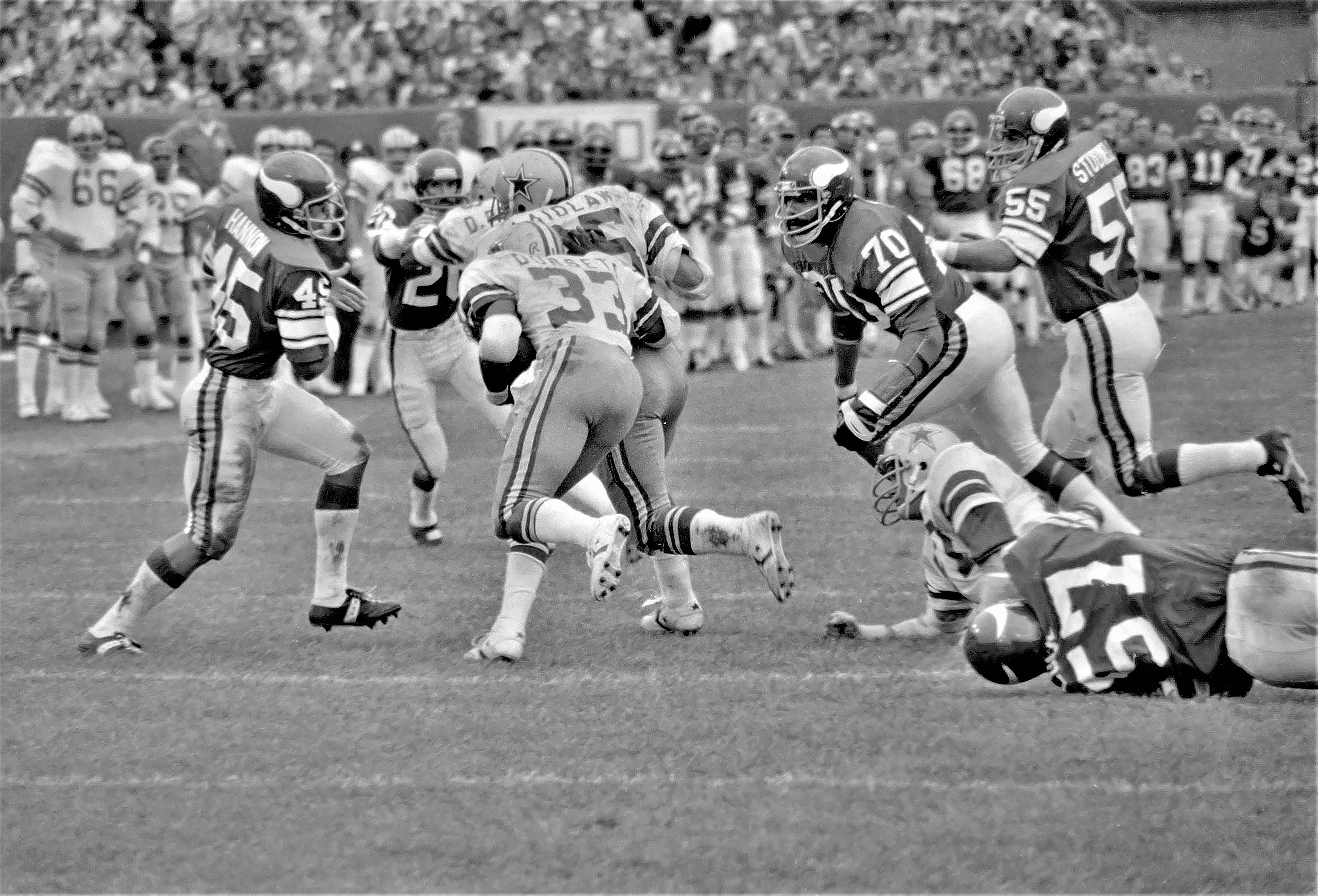Do You Really Own Your Mistakes and Apologize?

My favorite football team is the Green Bay Packers. My second favorite team is whomever is playing the Dallas Cowboys. But this time my team’s on-the-field leader got it wrong, and the Cowboys’ got it right.
The Packers and Cowboys both got clobbered this week, each losing by the same embarrassing score: 38-10. It's the remarks following the games by each team's biggest star – Aaron Rodgers for the Packers and Zeke Elliott for the Cowboys – that left me booing my team and commending the Cowboys.
Elliott fumbled twice early in the Cowboys game, setting a tone that led to a game-long whooping. His response after? He fully owned it. He took it upon himself, with no diffusion of responsibility about anyone else on the team. All me, no we. In his words: "I'm just going to keep saying it over and over -- I started the game out with two fumbles, gave the ball away and gave them all the momentum they need to go take off. I want to say I'm sorry and this one is on me. I need to be better."
Rodgers also had two early turnovers. Green Bay dominated the first quarter (10-0), but Rodgers’ two unforced interceptions turned the game completely around. They never scored again. Rodgers’ post-game explanation? We, we, we – no me: "I felt like we needed a little bit of a wake-up call … we needed kind of a kick in the ass a little bit. … something wecan really grow from." Nobody else threw two interceptions that turned the game around. Nobody else was clearly still rattled when he missed open receivers after that point. Yet there was no straightforward apology from Rodgers. No “this one is on me.”
Rodgers' behavior was, sadly, all too common these days. We’ve got an apology problem in America, especially among leaders who tend to deflect, distort, and blame others rather than simply say, “I screwed up. I’m sorry.”
What about you? How would you feel if each was your leader? Who would you respect more after these statements? Who would you be happier to be in the same huddle with following a bad day, and more committed to defending and moving forward with?
I hate to say it, but for me it’s clearly Zeke Elliott. He owned it. He apologized. He had the courage to stand out front as the clear leader. He did what research is increasingly showing to be good not just for interpersonal relationships but also for an organization’s bottom line.
And when you have a bad game, make some mistakes that harm your team, do you behave like Elliott or Rodgers?
I hope for those around you it’s like Elliott.
OTHER RECENT POSTS